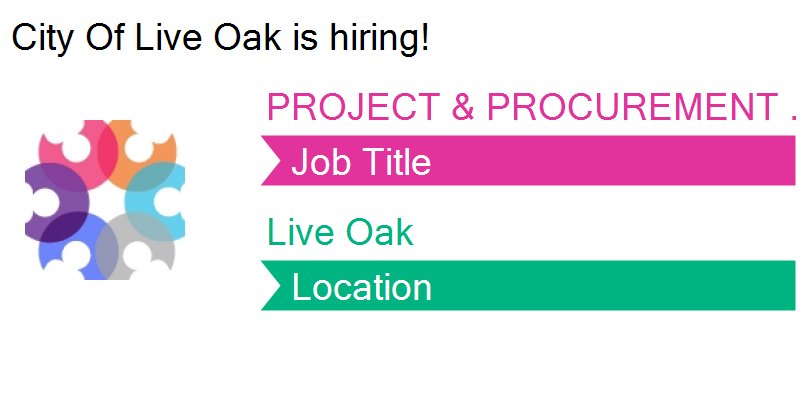

The costs of scribes range from $10 to $20 an hour, according to a 2011 white paper by the American College of Emergency Physicians. Those complaints have only increased in the years since EHRs have come into broad use. Physicians say they like to use scribes because doctors find EHRs slow and clunky to use, interfering with their interactions with patients. But if they could just push a button, based on the patient identification information, the query could be automatically run and the information could be loaded on the screen with one button.” And also he (or she) has to type in the name and the identifiers of the patient to find it. “Without the scribes, there are seven clicks that (a physician) has to make to go and find patient information. “The mere existence of them (scribes) point to the user unfriendliness of our EHR systems,” Yaraghi said. Physicians don't have the time to do it.” “The HIE access rate is about 6% to 7% of the patient encounters. “If we had asked the doctors to do it themselves, they wouldn't do it,” Yaraghi said. The study's secondary result proved the efficacy of using scribes.Īccording to the study's principal researcher, Brookings fellow Niam Yaraghi, scribes were used to ensure 100% of the patients in the study cohort would have queries run through the exchange. Members of a second, control group of 1,275 patients were seen by ED physicians whose prior records were not queried through the exchange.Īccording to the study results, usage of the HIE was associated with a 52% reduction in the expected total number of laboratory tests and a 36% reduction in radiology examinations ordered per patient at the ED. It divided ED patients into two groups, one composed of 737 patients whose ED physicians had scribes who queried clinically relevant information on each patient. It began in late March and ran through late May in 2014. The study was published in the Journal of the American Medical Informatics Association, conducted by the Brookings Institution and supported by HealtheLink, the Buffalo, N.Y.-based health information exchange. Querying a health information exchange can lead to significant reductions in laboratory tests and radiology exams, according to a new study of more than 2,000 emergency department visits in three western New York hospitals. read the Health Data Management article "This is a tough one, tougher than anything we've ever had to do, and the payers and vendors know that," Kennedy said. He added that large insurers will probably be working hard to accommodate providers for at least six months.

Part of the concessions they will offer will likely include extra staff to help make the transition to ICD-10 smooth. Kennedy said he expects insurers to announce their accommodation periods within the next month. But they don't want make these plans public so providers and vendors continue working to prepare for the ICD-10 compliance date, Pat Kennedy, president of PJ Consulting Inc., which specializes in electronic data interchange and insurers, told HDM. Medicare said in July that it reached an agreement with the American Medical Association that it won't deny or audit claims based solely on the specificity of diagnosis codes for the first year after ICD-10 use, FierceHealthIT previously reported.Īlthough private insurers aren't announcing their ICD-10 contingency plans, they're likely still planning to offer some similar concessions to providers. 1 ICD-10 deadline inches closer, many insurers haven't announced whether they have implemented accommodation periods-when they will pay claims that aren't coded correctly as long as they're in the right family of codes, reports Health Data Management.Īfter Health Data Management contacted seven national insurers, as well as the Blue Cross and Blue Shield Association and America's Health Insurance Plans to learn about their ICD-10 contingency plans, only Humana, Aetna and AHIP responded and none actually addressed whether they had accommodation periods prepared.


 0 kommentar(er)
0 kommentar(er)
